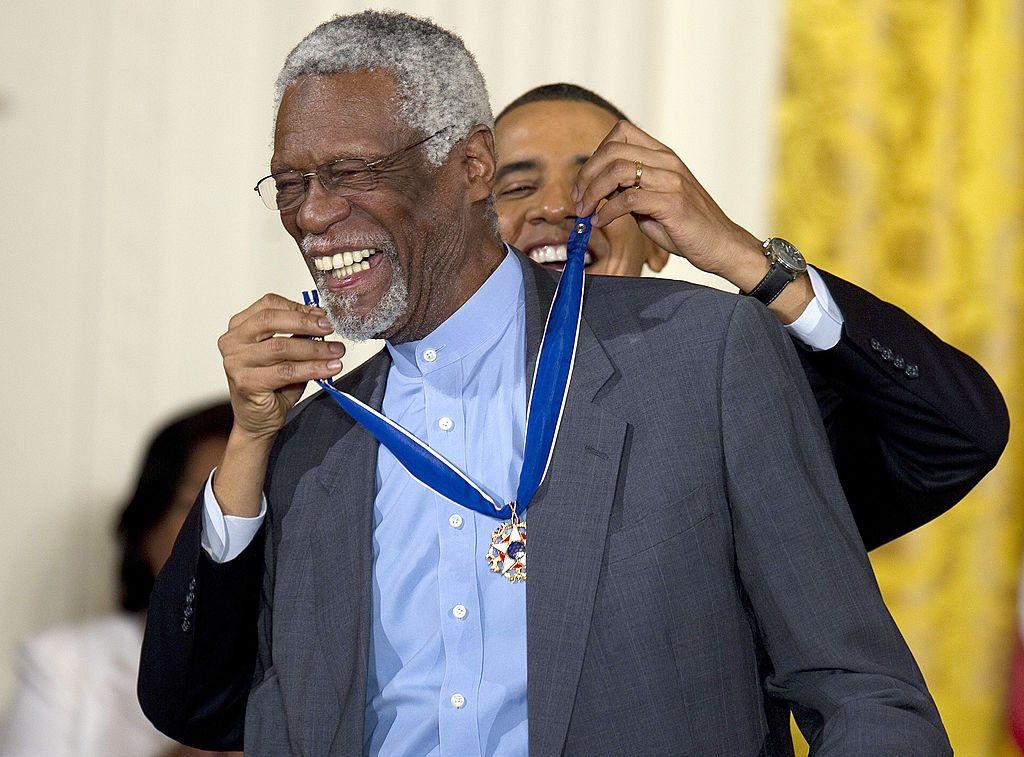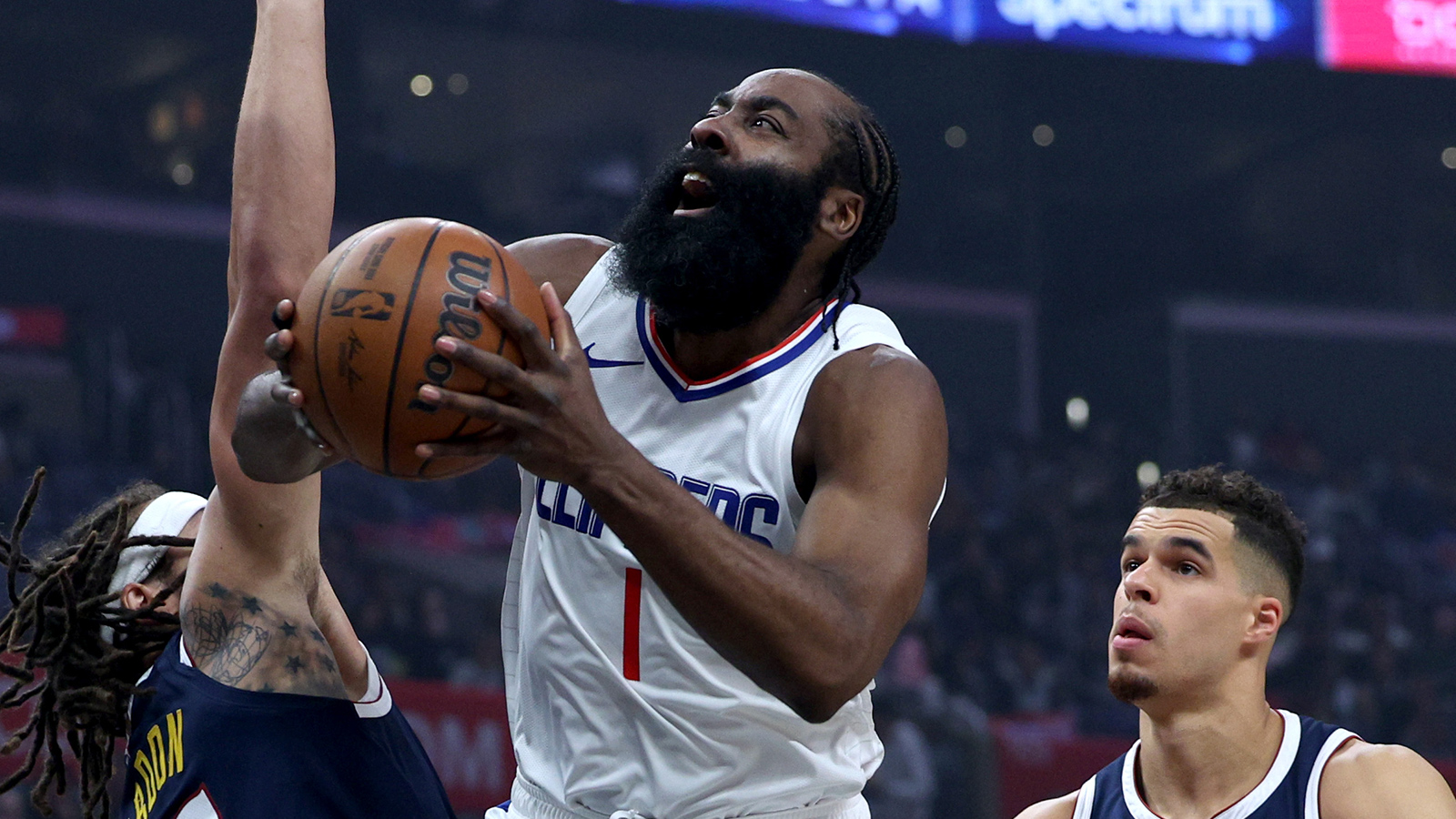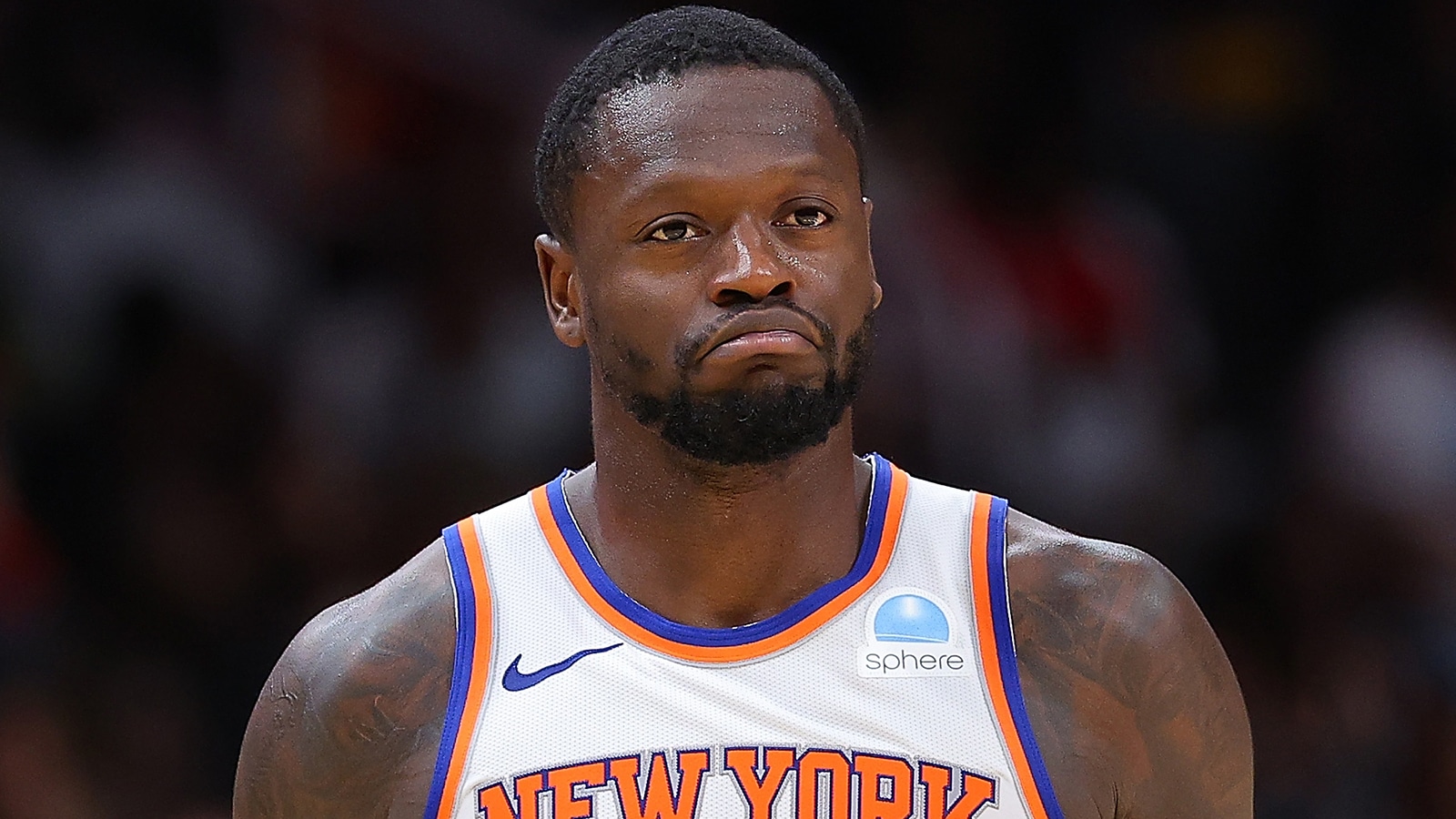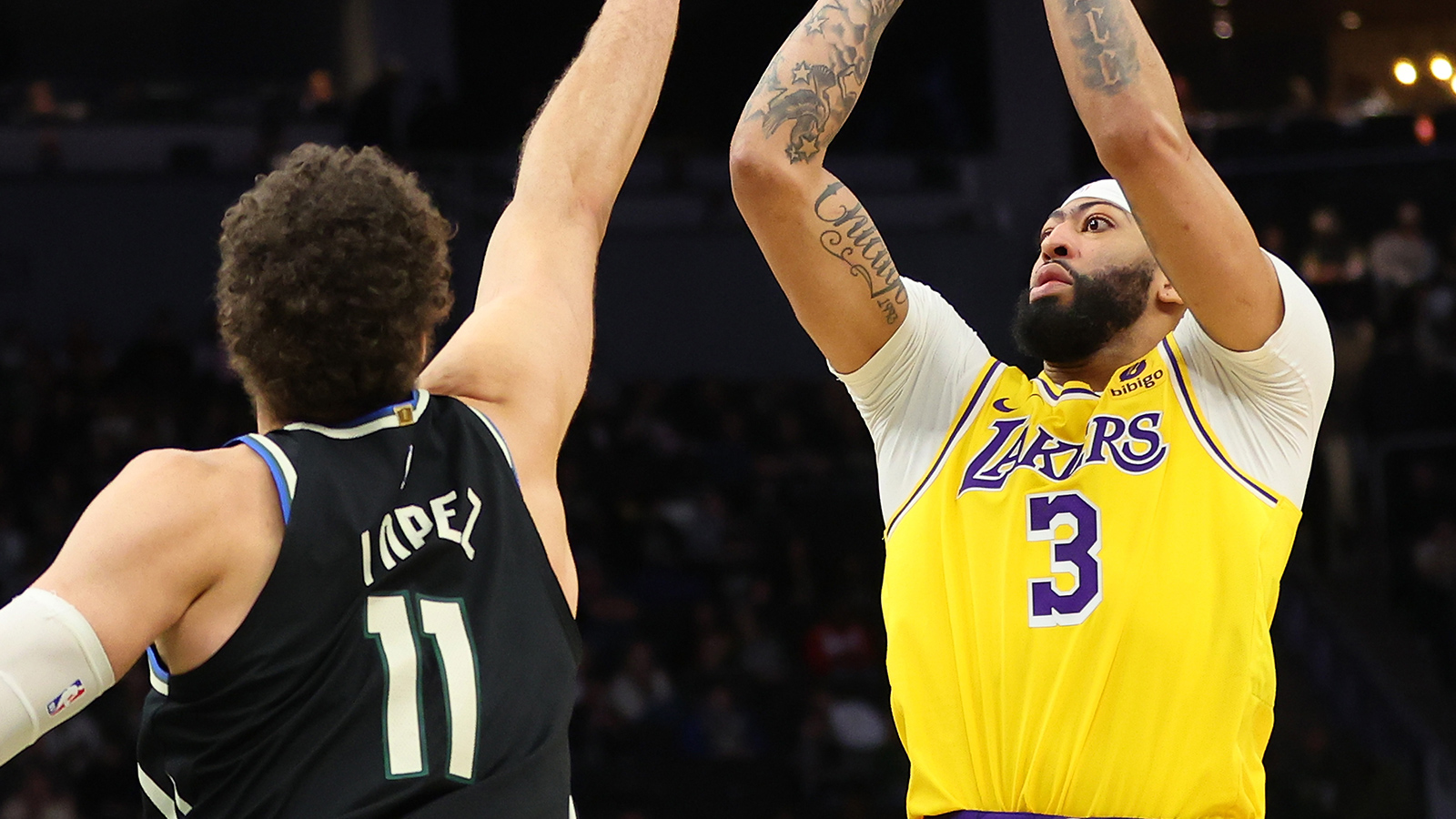
Was Celtics Great Bill Russell Traded for the Ice Capades?
The sports world has a history of strange trades … and we’re not even talking about the Houston Texans sending DeAndre Hopkins to the Arizona Cardinals this week.
The accuracy of the story has been disputed but there’s reason to believe that legendary Boston Celtics coach Red Auerbach wasn’t stretching the truth about the strangest NBA deal of them all: the one in which Bill Russell was traded for the Ice Capades.
The 1956 NBA draft was a bonanza for the Celtics
The Boston Celtics captured 11 NBA championships in 13 seasons beginning in 1957 and it wouldn’t have been possible without shrewd decisions in the 1956 draft. Celtics coach Red Auerbach selected Tommy Heinsohn, Bill Russell, and K.C. Jones, each of whom would go on to Hall of Fame careers.
Heinsohn was a special case. He was selected as a territorial pick under a rule from 1949-65 that allowed teams to claim rights to a player from schools within 50 miles of the franchise ahead of the draft in exchange for forfeiting their first-round pick.
The decision was wise, but it left the Celtics far back in the draft order unless Auerbach could do some wheeling and dealing to move up and select Russell, who had completed a stellar career at the University of San Francisco and was considered the likely No. 1 pick.
Auerbach set the wheels in motion by working a trade with the St. Louis Hawks to move up to the second spot in the first round. All that remained was for Auerbach to swing a deal with the Rochester Royals, who owned the No. 1 pick.
The Celtics swing a deal to land Bill Russell
Red Auerbach has died, as have then-owners Walter Brown of the Boston Celtics and Les Harrison of the Rochester Royals. That’s made it impossible to confirm the veracity of the story about Bill Russell and the Ice Capades that Auerbach began sharing years after the 1956 draft that turned the Celtics into an NBA dynasty. But people who knew Harrison and how much he valued money agree the story is plausible.
Auerbach’s claim was that he prodded Brown, who was part-owner of the Ice Capades, to offer to bring the ice show to Rochester if Harrison would agree to not select Russell. Because Harrison operated the arena, bringing the popular ice show to town would mean a financial windfall.
It’s been noted that the dates of the Ice Capades’ performances in Rochester don’t match up with the way Auerbach would later tell the story. In addition, the Royals already had a promising center named Maurice Stokes, the previous season’s NBA Rookie of the Year. They wouldn’t have had a pressing need for Russell, who would have to miss the start of the season to play in the 1956 Melbourne Olympics.
Regardless of the reason, Rochester used its top pick to take swingman Sihugo Green from Duquesne. The Celtics followed by taking Russell and then came back in the second round to take K.C. Jones.
Bill Russell was a Hall of Fame player
Bill Russell was everything the Boston Celtics could have hoped for when they drafted him in 1956. He was a five-time league MVP, including three years in a row beginning in 1961, and 12-time NBA All-Star.
He finished his 13-year career with averages of 15.1 points and 22.5 rebounds a game and was inducted into the Naismith Hall of Fame. He is one of seven players to have won NCAA and NBA championships as well as an Olympic gold medal.



